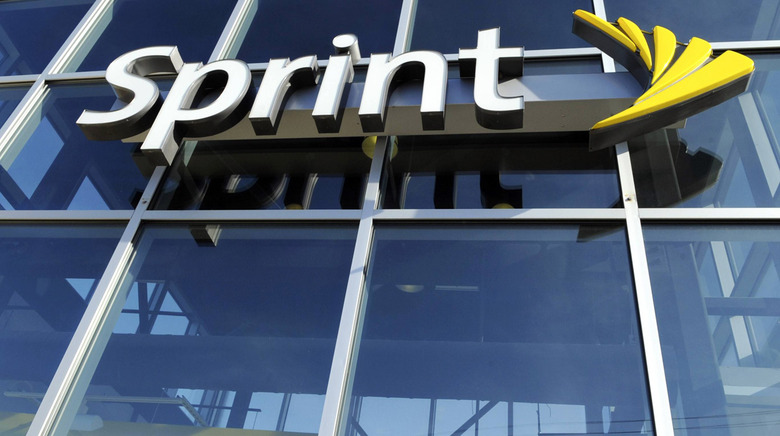It Looks Like Sprint And Charter Could Merge Very Soon
You can tell the end times are approaching, because all the nation's biggest telecoms companies are trying to become even bigger. Just days after we heard about a very serious proposal for Comcast to buy Verizon, new reports are emerging that Sprint, Charter, and T-Mobile could soon become one giant ball of suckiness.
Sources told Reuters that SoftBank, the Japanese telco that owns Sprint, is working on financing to buy out Charter. The deal would likely be worth more than $100 billion, and turn Charter-Sprint into a formidable telecoms behemoth that could offer home internet, cable TV, and wireless services.
The prospect of a Charter-Sprint hookup became even more likely today. On a conference call to discuss Sprint's most recent earnings, CEO Marcelo Claure said that an announcement regarding Sprint's future "should be coming in the near future." He continued, saying "We have plenty of options, and we've had discussions with a lot of different parties."
Charter management has poured cold water on any rumors that Charter could buy Sprint, but the kind of deal being reported would bypass management and involve Charter's ownership directly.
SoftBank currently owns a majority stake in Sprint. A potential merger would likely see it buy more shares of Sprint, and then inject cash and raise debt to buy out Charter, before merging the two companies under SoftBank's control.
As ever, a merger would make sense on paper. Charter is the second-largest cable provider in the nation behind Comcast, but it's had trouble expanding into new areas. Sprint is the smallest national wireless provider and its network objectively sucks, but it has one ace up its sleeve — a wealth of spectrum licenses in mid-to-high-band spectrum. Those wavelengths are bad for getting signal to users indoors or over wide rural areas, but they excel for high-speed short-distance links — exactly what you'd need for building out a wireless home internet system. Internet providers are increasingly attracted to wireless for the "last mile" of connectivity, and a Charter-Sprint hookup would be the fastest way to make that happen.
There are financial dangers for merger, mostly surrounding debt. Both Sprint and Charter are currently leveraged heavily, including around $60 billion of outstanding Charter debt. A takeover by SoftBank would likely rely on some debt as well, leading the merged company heavily leveraged. That doesn't mean it won't work, but the financing will be complicated, and any potential failure would be particularly messy.
In some ways, a Charter-Sprint merger wouldn't be the worst thing in the world for consumers. If Sprint is kept alive as a cheap national wireless carrier, that should help keep wireless plans from all companies cheap — it's certainly better than a Sprint-T-Mobile merger, anyway. If Sprint and Charter can work out wireless home internet, it could be a huge improvement in competition for the home broadband market, and could also help accelerate the rise of streaming TV services as an alternative to cable.
But that's just the best-case scenario. There's also the much worse situation in which Charter and Sprint merge, and Sprint gets turned into a fixed-wireless company that only serves Charter's current service areas. That means one less wireless carrier and no more home internet competition, making an already-bad situation even worse.
